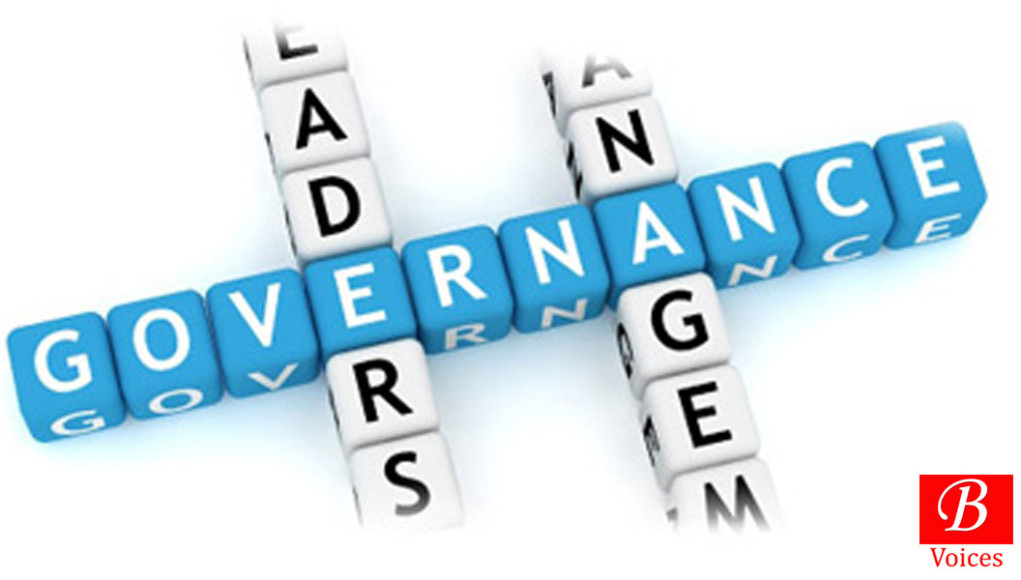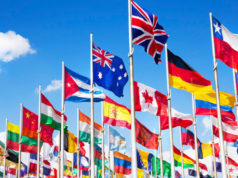Javed Siddique
The governance is not just management. It is not only about decision-making, priority-settings and policies formulating, but also about implementation and results. The governance deals with the capacity of the government to design, formulate and implement policies in general and to discharge their functions in particular.
According to a Human Development Report of 2002, by the United Nations Organization, terming it as democratic governance encompasses the respecting people’s human rights and freedom, say in decision making, which affect their lives and holding decision makers accountable. It attempts at making the economic and social policies more responsive to the people’s needs.
The governance involves in all such government’s activities that manage society. Thus, the governance in any society aims to ensure transparency through the exercise of economic, political and administrative authority. It basically strives to establish the quality relationship between the rulers and the ruled. In the simplest term, the governance relates to effective management of affairs of a country at all levels, guarantee its territorial integrity and secure the safety and overall welfare of the people.
On this context another term, the good governance related to effective management, it is anchored on legitimacy and credibility. It is participative, democratic, transparent, and accountable. The observance of the rule of law and the equity are its basic ingredients. The good governance is not only to be efficient and effective but also has deep involvement with the needs, aspirations and demands of the people at large spectrum.
The term governance was first of all used by the World Bank in 1992. In accordance with the World Bank Report 1992, “a public service that is efficient, a judicial system that is reliable and an administration that is accountable to the public”. This report added the new dimensions to the whole issues of the good governance; which are:
-
The Public Sector Management
-
The Accountability
-
The Legal Framework for Development and
-
The Information and the Transparency
The good governance espouses freedom of information, a strong legal system and the efficient administration backed by real political mobilization of the disadvantages. The good governance is a process dedicated to the achievement of the three great objectives i.e.
-
The alleviation of poverty
-
The creation of productive employment and
-
The social integration
In the words of Jeffries Richard, “good governance is equivalent to purposive and development oriented administration, which is committed to the improvement of people without being necessarily in style.”
But unfortunately, the case in Pakistan is totally different and somehow opposite of real structural pattern of above-mentioned terminologies. The question rises in the minds of masses, whether these ingredients are prevailing in our governmental system? Or, are these applicable to be implemented in a real sense in our homeland?
The turn wise political transition of two mainstream political parties in Pakistan’s political system is also thrown a very bad effect on our socio-political culture. This system makes the barrier on the ways to bring any positive change in our political arena in general and disallows the common men to participate in political efforts to utilize their complete potential political expertise in particular. Consequently, political monarchy clipped up the new potential political aspirant’s wings and trying not to let them get abundant powers to compete with them in future elections. Our political system is almost party’s cum power centric and not people oriented.
From the inception of our beloved country, till now mostly Feudal Lords, Nawabs and so-called Sardars occupied the corridors of political powers. They never let the real politically motivated and enthusiastic young generation to come and take the responsibility to revamp and reshape the deteriorated political system of the Pakistan, in accordance with modern era’s contemporary accepted pattern.
Arguably, to taking the complete benefits of the good governance in Pakistan, we should eliminate the self-centric politician by the power of our votes and we must pave the ways to bring competent, well educated, politically motivated and energetic young lot of leadership in our power corridors to start a journey towards the dawn of the new prosper and progressive political epoch.
Status quo destroys the political health of our nation, like a chronic disease. As Emile Lahoud says,” Democracy, good governance and modernity cannot be imported or imposed from outside a country”. Now it’s the time to discard the diagnosed symptoms of bad governance in our country, from its very roots and say no to kleptocracy anymore. We must toil to overcome the bad governance and lay the foundations of good one in accordance with internationally recognized and practicable rules in Pakistan.
Writer is a featured contributor for Balochistan Voices. Hhe holds Master’s in Political Science degree from the University of Karachi and working as a General Councilor in incumbent Local Government UC-Pishukan District Gwadar, Balochistan.
Share your comments!








